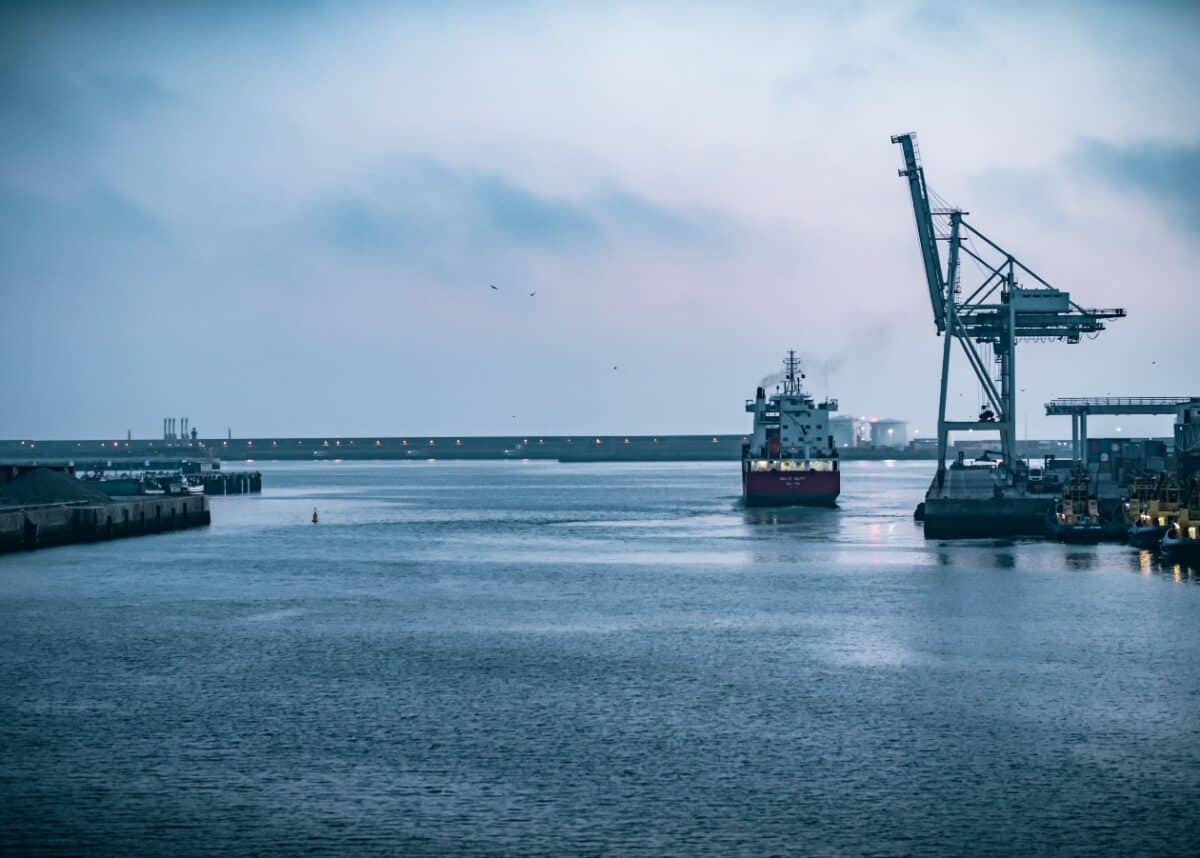David Collins, City, University of London
When Australia and the UK began discussing a free trade agreement in 2020, they issued a joint statement with remarkably similar objectives. It now seems that a meeting of minds is imminent.
The countries’ shared language, history and similar legal systems mean a deal should be relatively easy to finalise. It will also be highly significant, seen by the UK as a key step towards accession to the influential Comprehensive and Progressive Trans-Pacific Partnership, a group of 11 Pacific Rim countries representing 13% of global GDP.
So far, selling the free trade agreement (FTA) to the British public has been fairly painless, with predictions of UK exports to Australia increasing by up to £900 million per year. The deal should also create welcome opportunities for British firms through improved access to fast growing Asian markets such as Vietnam and China.
The agreement would reduce tariffs on goods, ideally to zero – a situation retained between the UK and the EU after Brexit.
But while this reduction would be beneficial to consumers, tariff free access to agricultural products is becoming a contentious issue for some in the UK. Farming groups there have argued that cheap produce from massive industrial operations in Australia would do “irreversible damage” to their livelihoods.
In response, the president of the Australian national farmers’ federation said Australian farmers were “just not able to ship our produce in any sort of a quantity to the UK”. She added: “It’s just way too expensive and way too far.”
A potential compromise could see tariff-free access for agricultural goods being phased in over a ten year period, but clearly not everyone will be happy.
Less controversially, the FTA will hopefully secure transparent customs procedures which minimise costs and administrative burdens for businesses, while maintaining the the safety and quality of products, including food.
The agreement should also enhance opportunities for business travel and support the mutual recognition of professional qualifications. The UK government has promised that National Health Service operations and drug prices are not on the table.
Digital trade
One important new area of policy to be dealt with in the Australia-UK FTA is digital trade, with rules expected to allow the the free flow of data and ensure customs duties are not imposed on electronic transmissions. Also innovative is a plan to ensure smaller firms have easier access to trade opportunities without costly red tape.

Both countries will seek to maintain high standards of personal data protection, and as with most modern FTAs, secure the safety of online shopping. There will be provision for intellectual property rights, and crucially for the UK, protection of geographical indications, such as Scotch whisky, to ensure consumers are not misled about the origins of goods.
The FTA is also expected to contain comprehensive rules which guarantee that investors in each other’s territory enjoy the same rights and protections they receive at home. This would include non-discriminatory treatment and a commitment that assets are not expropriated without due process and fair compensation. These rules will be complemented by modern provisions which ensure that parties retain the “right to regulate” in the national interest on matters such as public health.
UK and Australian objectives for the FTA both draw attention to now standard commitments on sustainability and climate change. This objective will be achieved through provisions which require that the countries do not waive or fail to enforce their domestic environmental protections in ways that create an artificial competitive advantage. The agreement is also likely to contain commitments to achieve zero carbon emissions by 2050.
So with agricultural tariffs emerging as the most problematic aspect, there is plenty of common ground between the two countries, as well as a history of good will. As long as a globally minded UK government is prepared to stand up to the farming lobby, it is quite likely the Australia-UK FTA can be finalised in the coming weeks. It is a deal that could provide considerable gains for businesses and consumers – hopefully spurring a post-pandemic recovery in both countries.
David Collins, Professor of International Economic Law, City, University of London
This article is republished from The Conversation under a Creative Commons license. Read the original article.












